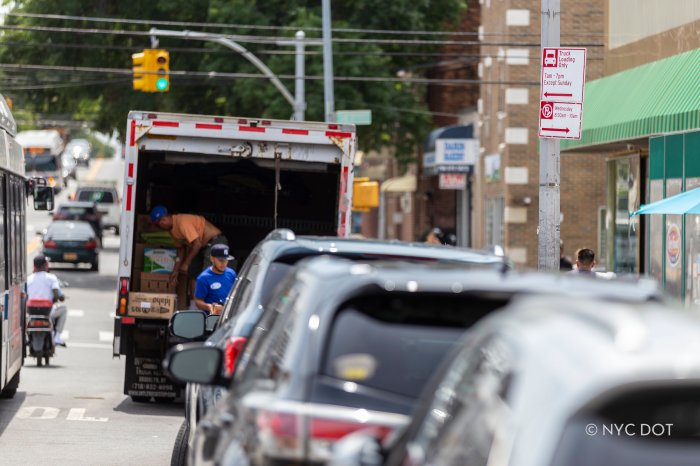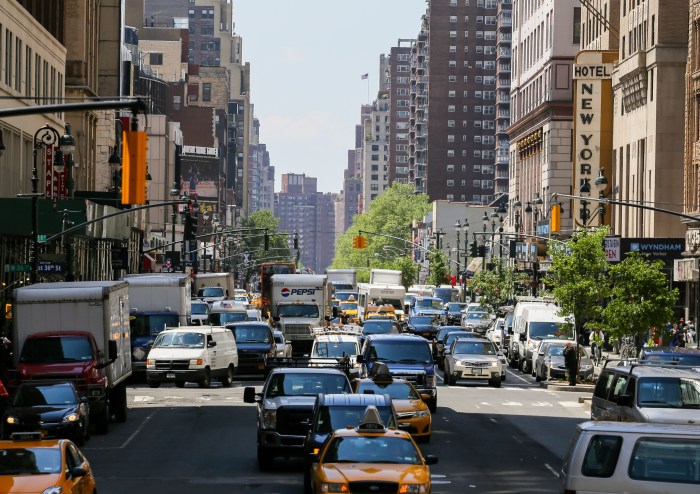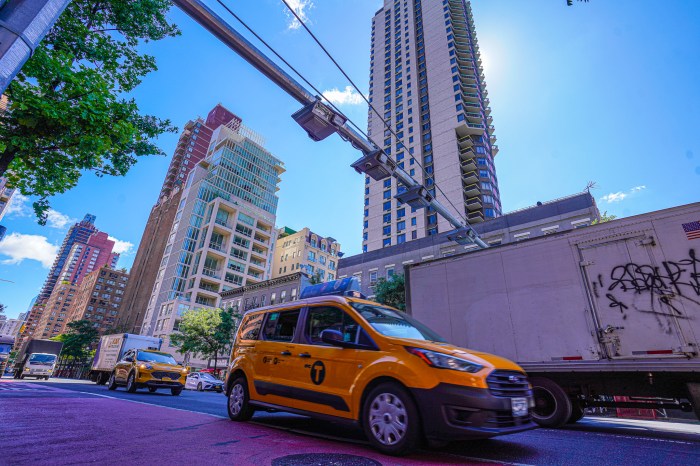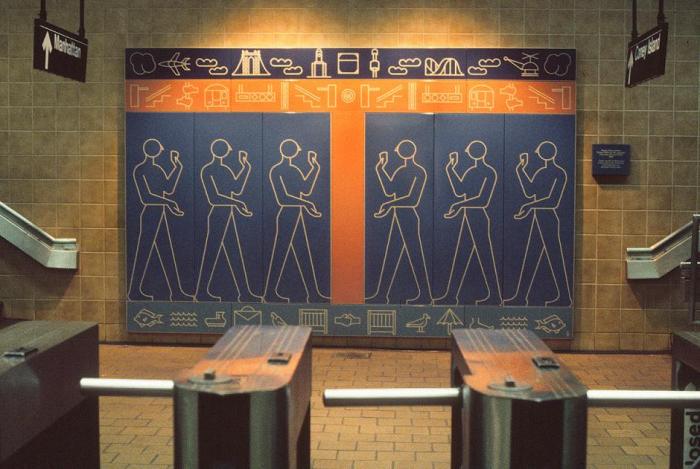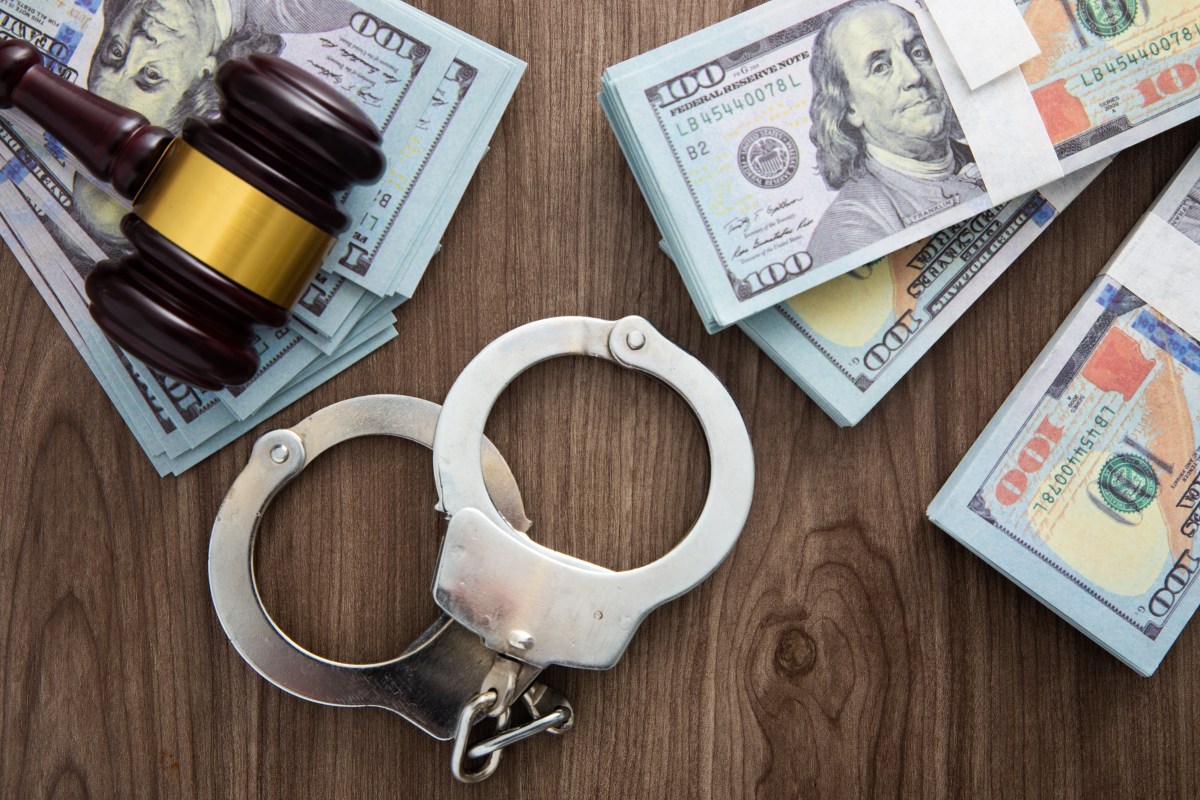As Mayor Bill de Blasio and city lawmakers spar with Uber over tightening regulations, the city on Tuesday announced a new anti-discrimination plan for taxis and for-hire vehicles.
A new “Office of Inclusion” in the Taxi & Limousine Commission will focus on better training drivers in anti-discrimination and will expand the city’s public education campaign advising riders to file complaints with the commission when they are victims of a discriminatory service denial.
“Service refusal is real, unacceptable and we’re going to fight it in every way we can,” de Blasio said in a statement. “These new steps will help ensure that anyone considering this unfair and illegal practice knows that it’s wrong, it carries severe consequences, and it has no place in this industry.”
Last year, there were 343 service refusal complaints logged against for-hire vehicles, which include e-hail services. Meanwhile, yellow taxi drivers received 1,834 such complaints. Those taxi complaints are trending down — even when accounting for fewer trips. There were 24 refusal complaints per 1 million trips in 2016, compared to 16 complaints for every 1 million trips last year.
The mayor had worked with City Council Speaker Corey Johnson and Queens Councilman Donovan Richards on the idea. It comes as the mayor and Johnson look to tighten regulations of Uber and other e-hail companies of the booming industry that has added to congestion on city streets and upended the economics of taxi service.
Bills being discussed include new minimum wages for e-hail drivers and a yearlong cap on licenses to drive for e-hail services. Uber has recently begun ramping up a campaign to fight the proposed legislation.
The new TLC office appears to be an attempt to address one of Uber’s biggest criticisms. The e-hail giant argues that a temporary cap would negatively impact fares and limit service in the outer boroughs, while the City Council believes the bills will improve fairness within the industry and limit congestion — though some experts believe traffic could be best fought with congestion pricing.
The city mostly fights service refusals through rider complaints. Service refusal violations lead to penalties of $500 for the first violation. A second violation in 24 months carries a $1,000 fine and possible 30-day suspension and a third violation within 36 months is $1,000 with a revocation prehearing.
The newly formed office will be tasked with prosecuting service refusal complaints and increasing taxi service in outer boroughs — though it was not immediately clear how the goals will be achieved.
“There is nothing more fundamental to what we do than making sure New Yorkers are welcomed and served into our city’s yellow cabs,” said TLC chair Meera Joshi said in a statement. “Service refusal in general, and bias-based refusal in particular, is a terrible experience for its victims — it is visceral, hurtful, and just wrong.”



